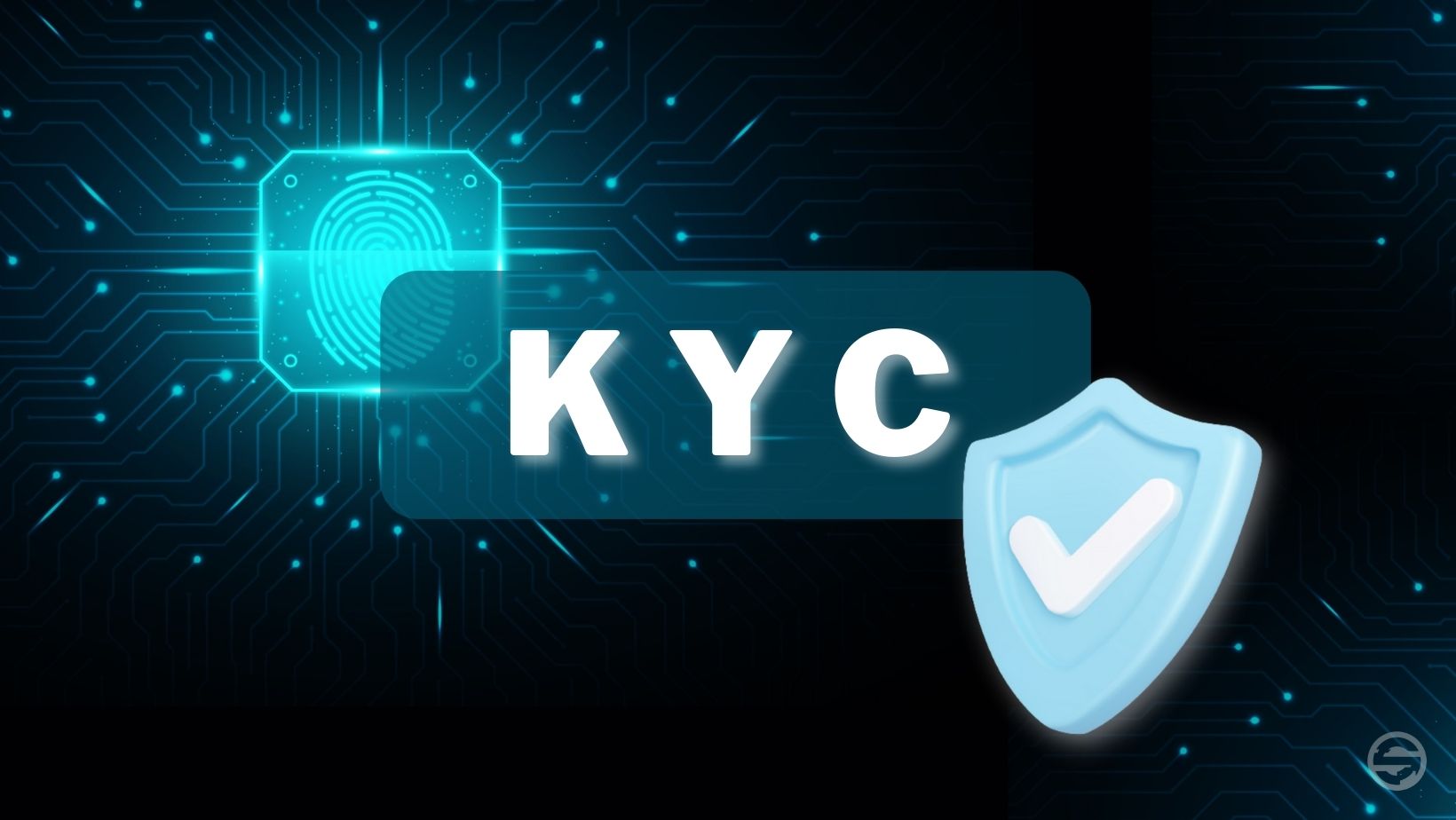
Table of contents
What is KYC?
In traditional finance, and more specifically in the investment sector, KYC is a commonly used tool. Some financial services require a verification process of personal information from their clients. This information can include personal data such as the client's name, first name and date of birth but also information related to investment knowledge, risk tolerance, and more generally, the client's financial situation.
This verification mechanism is put in place to ensure that users do not use financial services to potentially divert and launder money, corrupt or finance terrorism.
Depending on the services you want to use from a financial institution, the KYC procedure may be more or less important.
The use of KYC in the crypto sector
If KYC is a standard process in traditional finance, its use is increasing in the crypto sphere. In fact, the use of KYC in the cryptocurrency market is increasing as the financial regulation of the cryptocurrency sector evolves. This verification process has been extended to the cryptocurrency sector due to concerns of illicit use of digital currencies.
In order to operate in some European countries, such as France, cryptocurrency exchange platforms, such as Binance, are required to verify the identity of its clients through a KYC process.
Form of KYC in the Cryptocurrency sector
As we have seen, some regulated financial institutions are required to collect and verify information from their clients through the KYC mechanism.
In the context of cryptocurrencies, KYC can be done in several steps depending on the services the client wants to use on the platform. In other words, to unlock specific features, more personal information will be required.
In general, a cryptocurrency exchange platform will ask its clients to provide:
- Personal information such as name, first name and date of birth.
- Identity documents such as ID card, passport or driver's license.
- Biometric verification through a photo of your face or a video selfie.
- Proof of your main residence through a telecommunications bill, bank statement, or other documents.
- Answers to a questionnaire including, among others, the occupation, origin of funds, and the purpose of the investment.
These mandatory processes are subject to change depending on the evolution of regulations surrounding the cryptocurrency market.
Legislative framework for KYC in Europe
In Europe, the KYC process was primarily defined by the European Union's General Data Protection Regulation (GDPR) and the Payment Services Directive (PSD2).
There are also regulations at the European level regarding the fight against money laundering and terrorist financing. Directive (EU) 2018/843 of the European Parliament and of the Council, the so-called "Anti-Money Laundering Directive", is the main regulation in this area. This directive aims to strengthen the fight against money laundering and terrorist financing by establishing requirements for businesses to verify the identity of customers and to detect and report suspicious transactions.
Since 2020, the European Union has been working on a bill called Markets in Crypto-Assets, or MiCA, aimed at regulating aspects surrounding investment in cryptocurrencies as well as their various uses. This bill aims in particular to protect users, to identify the different classes of cryptocurrencies and to fight against money laundering and terrorist financing by setting up a KYC.
Is it possible to buy crypto without KYC?
It is possible to buy cryptocurrencies without KYC, going through centralized financial players that do not require it. But the latter tend to comply with new regulations in order to offer their service in a legal way and increasingly impose to verify one's identity through a KYC procedure.
Another possibility is to use decentralized services that do not require any identity verification. While this is a good choice to protect your private data, your funds will not depend on any regulated financial authority.
The balance between security and privacy in the cryptocurrency industry is being sought. It is important to understand that using a decentralized service that does not impose KYC is mainly taking the risk of losing all your funds, in case an unfortunate event occurs. In such a case, it is impossible to turn to an actor to try to recover your funds.
But this can also be the case with a centralized platform. A KYC does not guarantee that your funds will be protected. It may be that a platform is regulated, but run by a bad actor. We all remember the FTX case⬦



 Crypto regulation
Crypto regulation 2023-01-06
2023-01-06
